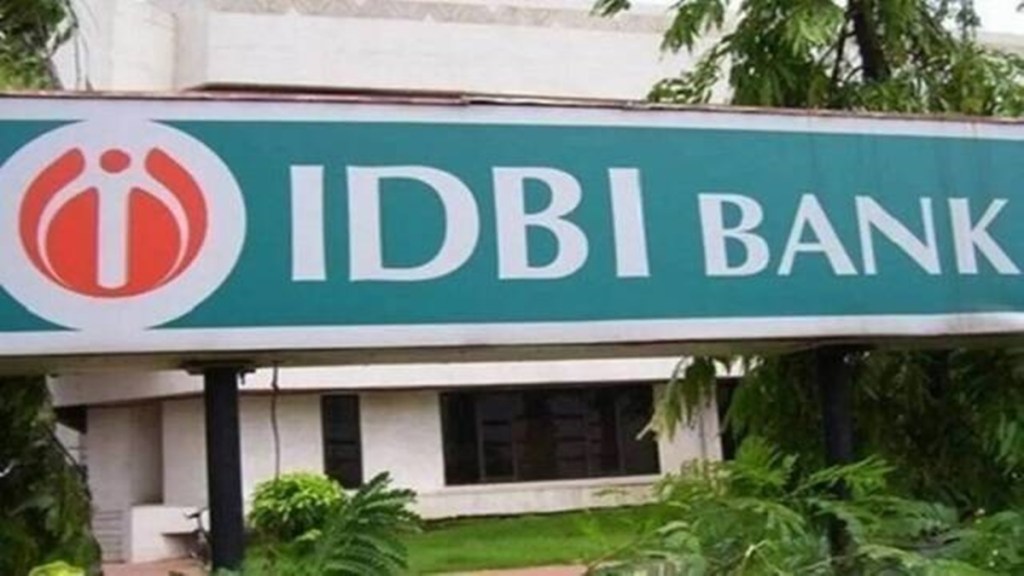The Centre has extended a specific tax waiver for buyers of government stakes in companies being privatised to those who acquire stakes held by state-run entities as well. The immediate beneficiary of the move will be the potential buyer of IDBI Bank, which is promoted by Life Insurance Corporation (LIC).
In essence, the change in tax rules would exempt the buyer of IDBI Bank from tax liability on notional gains if the market value of shares sold by LIC is higher than the price discovered through a competitive bidding process. A similar tax concession is already available to buyers in strategic disinvestment deals, where the government is the seller.
Also read: 3 years of PM SVANidhi: Among fastest growing micro credit schemes by govt, says Hardeep S Puri
On January 7, the Centre received multiple expressions of interest (EoIs) from domestic and foreign investors for the 60.72% stake in IDBI Bank, which will go to the successful bidder along with management control. The offer comprises 30.48% from the government and 30.24% from LIC.
With the processing of the EoIs received for IDBI Bank moving on to the next stage, financial bids for the bank are expected by September.
Section 56(2)(x) shall not apply to “any movable property, being equity shares, of a public sector company or a company, received by a person from a public sector company or the Central Government or any State Government under strategic disinvestment”, the Central Board of Direct Taxes (CBDT) said, notifying the amendment to the relevant rule.
The words ‘a company’ and ‘a public sector company’ were incorporated through the amendment to facilitate the disinvestment of IDBI Bank, which is a private lender with LIC as the promoter and the government having a significant stake in the bank.
The provisions of Section 56(2)(x) of the Income Tax Act provide for taxing the difference if the off-market price at which the shares of a company are sold is lower than the market price.
This is an anti-tax evasion measure to preempt companies from deliberately selling stakes in a firm at a lower price than the share market price. Such notional gains are called “other income” of the buyer and are subjected to a 30% tax with applicable cess and surcharge.
Also read: Less rainfall affects tea production, local businesses and small planters seek government support
In 2021, the Centre exempted such tax liability on the buyer if equity shares of a public sector company were received by a person from the central government or any state government under strategic disinvestment.
The changes in tax rules were done keeping in mind that the government’s strategic disinvestment transactions take longer and share prices usually rise after financial bids are received in the hope that a private promoter would generate more value in a firm.
“Typically, the central or state government companies divested under strategic divestment process may have a high book value but a lower fair value, which could result in potential tax consequences for a buyer of shares of such company in a process of strategic divestment,” said Amit Agarwal, partner, Nangia & Co. “The amendment is aimed at facilitating the process of strategic divestment by exempting deemed taxation of difference in book value and the fair value.”

